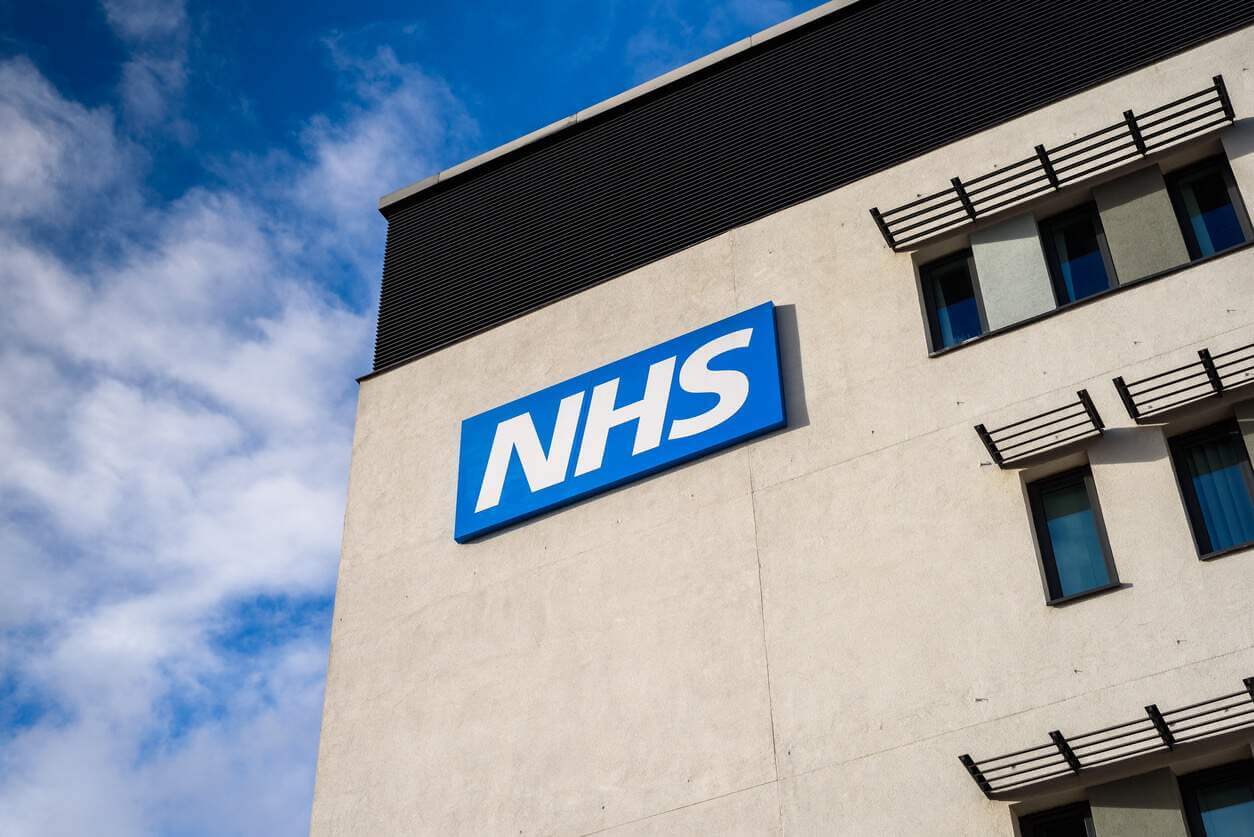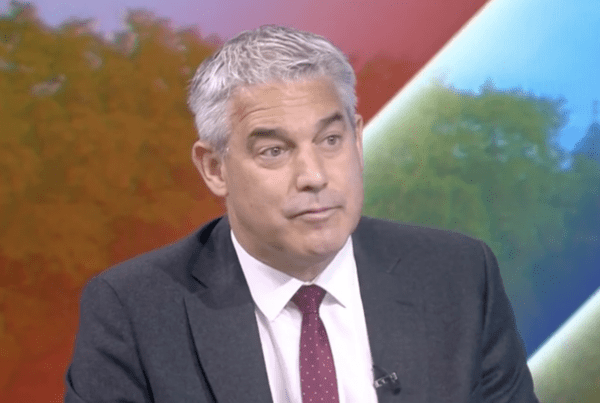
Fourteen unions have said they will instead discuss pay directly with Ministers.
Health unions are to boycott the “independent” NHS Pay Review Body (NHSPRB) for as long as the ongoing industrial disputes remain unresolved.
The 14 unions, which include those representing ambulance staff, nurses, porters, healthcare assistants, and physiotherapists, have instead called for direct pay talks with ministers.
According to the unions, the lengthy pay review body process is not capable of delivering a resolution to the current pay and staffing dispute that is necessary to get the NHS back on track.
They believe that it would be more beneficial for NHS pay negotiations to be convened involving unions, employers, and ministers. This, they say, would ensure a speedier outcome and one that could deliver the kind of settlement necessary to address the NHS staffing crisis.
Last year it was almost six months later before ministers made their acceptance of the review body’s £1,400 flat-rate rise public. This delay meant that by the time the pay rise was accepted, inflation had gone up significantly.
Get everyone around the table.
Chair of the NHS group of unions and UNISON head of health Sara Gorton said: “The pay review body process doesn’t fit the current context. “The NHS staffing crisis is so acute only prompt action on pay – both for this and the next financial year – can start to turn things around.
“The public knows ambulance response times are worsening and hospital waiting lists growing because the NHS no longer has the necessary staff to meet demand, nor provide safe patient care.
Ms Gorton concludes, “Ministers must seize the initiative, get everyone around the table and negotiate a way to the best deal for staff, patients and services.”
The unions planning to boycott the NHSPRB include, the Royal College of Nursing, Royal College of Midwives, GMB, UNISON and Unite.
Earlier this month, Health Secretary Steve Barclay suggested the NHSPRB recommended a rise of no more than 2% for the 2023 – 2024 financial year.
It comes after inflation hit record-levels last year, resulting in a real-terms pay cut of around £2,500 for the most experienced nurses.



